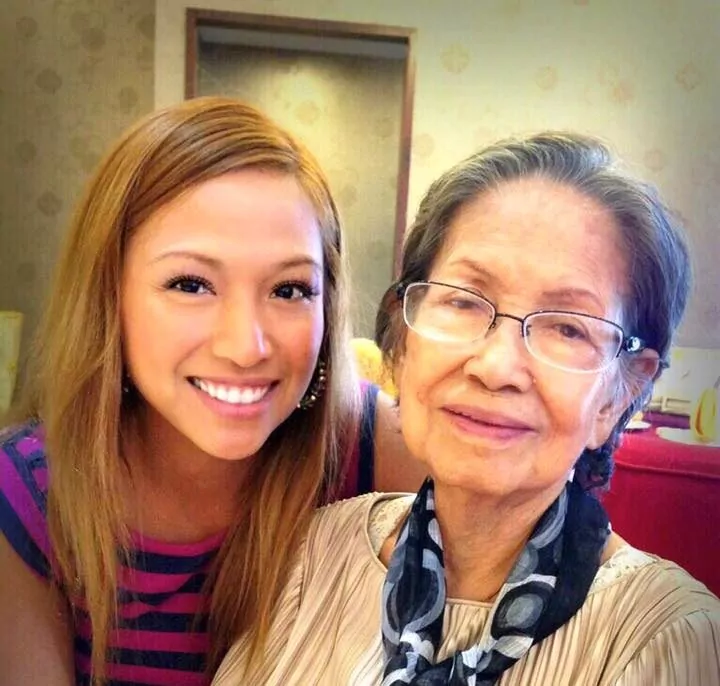
Alzheimer’s disease is an illness of the brain. It causes large numbers of nerve cells in the brain to die. This affects a person’s ability to remember things and think clearly. A person with Alzheimer’s become forgetful and easily confused as they may have a hard time concentrating. These problems get worse as the illness gets worse, making the job of a caregiver harder.
In This Article:
Communication Problems Caused By Alzheimer’s
Coping with Communciation Changes
Encouraging People with Alzheimer’s To Communicate
How To Effectively Communicate with Alzheimer’s Patients
It’s important to remember that the disease, not the person with Alzheimer’s Disease, causes these changes. Also, each person with Alzheimer’s may not have all the problems we will be discussing in this article. Each section will include information on how to cope with communication changes caused by Alzheimer’s Disease.
Communication Problems Caused By Alzheimer’s Disease
Communication is hard for people with AD because they have trouble remembering things. They may struggle to find words or forget what they want to say. You may feel impatient and wish they could just say what they want, but they can’t. It may help you to know more about common communication problems caused by AD. Once you know more, you’ll have a better sense of how to cope.
Here are some communication problems caused by Alzheimer’s Disease
- Trouble finding the right word when speaking
- Problems understanding what words mean
- Problems paying attention during long conversations
- Loss of train-of-thought when talking
- Trouble remembering the steps in common activities, such as cooking a meal, paying bills, getting dressed, or doing laundry
- Problems blocking out background noises from the radio, TV, telephone calls, or conversations in the room
- Frustration if communication isn’t working
- Being very sensitive to touch and to the tone and loudness of voices
Also, Alzheimer’s Disease causes some people to get confused about language. For example, the person might forget or no longer understand English if it was learned as a second language. Instead, he or she might understand and use only the first language learned, such as Spanish.
Coping With Changes in Communication Skills Due To Alzheimer’s
The first step is to understand that the disease causes changes in communication skills. The second step is to try some tips that may make communication with Alzheimer’s patients easier. For example, keep the following suggestions in mind as you go about day-to-day care.
Tips on how to connect with a person who has Alzheimer’s:
- Make eye contact to get his or her attention, and call the person by name.
- Be aware of your tone and how loud your voice is, how you look at the person, and your “body language.” Body language is the message you send just by the way you hold your body. For example, if you stand with your arms folded very tightly, you may send a message that you are tense or angry.
- Be open to the person’s concerns, even if he or she is hard to understand. This helps the person with Alzheimer’s Disease feel better about himself or herself.
- Use other methods besides speaking to help the person, such as gentle touching to guide him or her.
- Try distracting someone with Alzheimer’s if communication creates problems. For example, offer a fun activity such as a snack or a walk around the neighborhood.
Encouraging People with Alzheimer’s To Communicate
To encourage the person with AD to communicate with you:
- Show a warm, loving, matter-of-fact manner.
- Hold the person’s hand while you talk.
- Be open to the person’s concerns, even if they are hard to understand.
- Let him or her make some decisions and stay involved.
- Be patient with angry outbursts. Remember, it’s the illness “talking.”
- If you become frustrated, take a “timeout” for yourself.
How To Effectively Communicate with Alzheimer’s Patients
It can be difficult and frustrating at times to communicate effectively with someone who has Alzheimer’s Disease.
Here are some tips that can be helpful when talking to a person with Alzheimer’s:
- Offer simple, step-by-step instructions.
- Repeat instructions and allow more time for a response. Try not to interrupt.
- Don’t talk about the person as if he or she isn’t there.
- Don’t talk to the person using “baby talk” or a “baby voice.”
Here are some examples of what you can say:
- “Let’s try this way,” instead of pointing out mistakes.
- “Please do this,” instead of “Don’t do this.”
- “Thanks for helping,” even if the results aren’t perfect.
You also can:
- Ask questions that require a yes or no answer. For example, you could say, “Are you tired?” instead of “How do you feel?”
- Limit the number of choices. For example, you could say, “Would you like a hamburger or chicken for dinner?” instead of “What would you like for dinner?”
- Use different words if he or she doesn’t understand what you say the first time. For example, if you ask the person whether he or she is hungry and you don’t get a response, you could say, “Dinner is ready now. Let’s eat.”
- Try not to say “Don’t you remember?” or “I told you.”
Related Articles:
- The Anti-Alzheimer’s Prescription
- Is It Alzheimer’s?
- Testing and Screening Alzheimer’s Disease
- Caregiving Tips For People with Alzheimer’s
- Detecting Alzheimer’s Disease Early
- Safer Home For People with Alzheimer’s
- Understanding Dementia
- Legal Planning Tips For Dementia Patients
- Can Peope With Alzheimer’s Be Safe Drivers?
- Personality and Mood Changes Caused By Alzheimer’s
Source: National Institute on Aging
Catharine “Kate” is a Certified Administrator for Residential Care Facilities for the Elderly (RCFE) and an Expert Senior Care Advisor. Kate’s grandmother battled Alzheimer’s Disease and Kate personally understands what millions of families are going through. Kate and her team are very passionate in empowering Seniors and their families by providing them with the Best Available Senior Care Options based on Senior’s care needs, preferred location and family’s budget.


